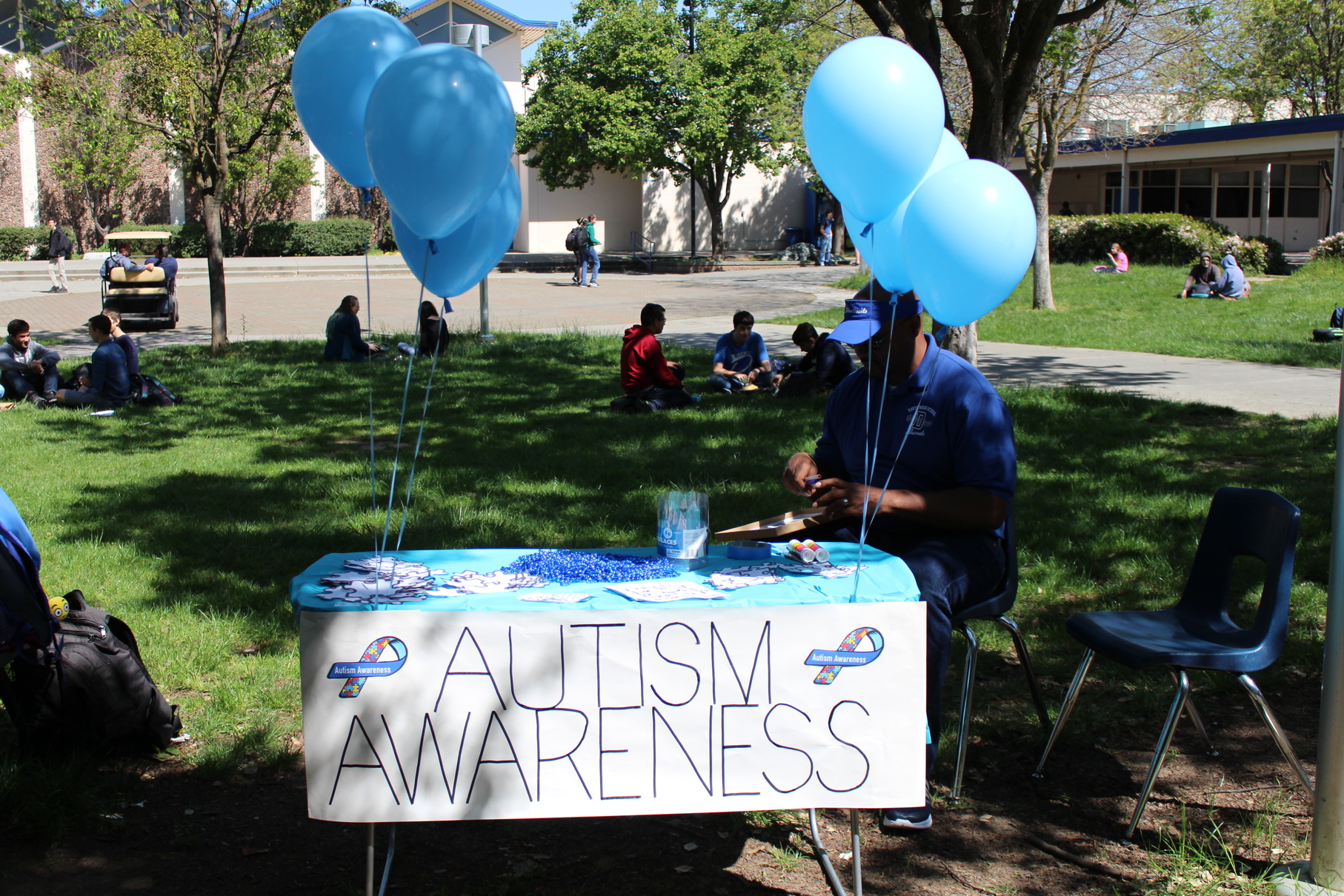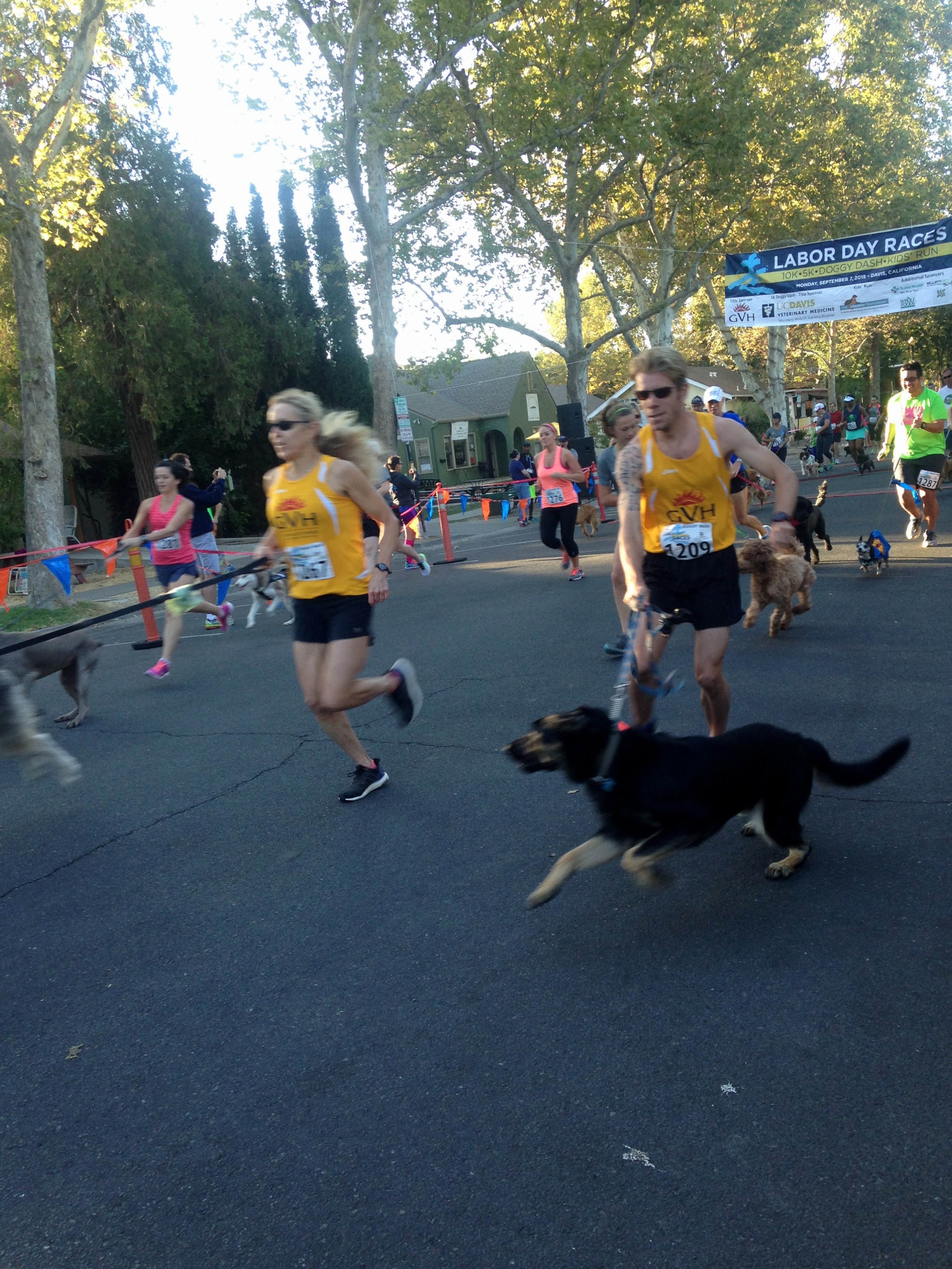PDA: Public Displays of Affection… or People Don’t Approve
By Kira Furie
HUB Reporter
Sophomore Ju-a Son walked into her chemistry classroom at the beginning of snack break. Directly outside of the expansive windows was a couple making out. They continued to do so through the sprint bell.
“Just straight up, for the entire ten minutes they were just PDAing [making out] the whole time. I was about to start timing them,” Son said.
Everyone in her class was laughing. Finally a campus supervisor came and told them to get to class.
The campus supervisors have coined their own term for couples who are displaying questionable behavior. If a couple has been going at it for a long period of time, they will shout “No cupcaking!”— South African slang that campus supervisor DeMond Huff began using.
According to Huff, holding hands and a quick kiss are okay but grabbing and sitting on top of each other are not. In addition, “we don’t want any long kissing that could be mistaken for something else, you know, groping like you guys do,” Huff said.
Senior Kyle Saltveit and his girlfriend have a meeting spot where they “say goodbye” before class. Saltveit thinks that kissing in the halls is completely fine as long as it stays under six seconds “because we’re just showing each other affection and we really don’t give a [thought] if anybody sees,” he said.
However, senior Carlie Gantar agrees with the school rules of PDA and shares nothing but a peck with her boyfriend before class. Anything more is “like a train wreck. You just can’t stop watching,” she said.
Chemistry and physics teacher Darryl Bailey believes that PDA is completely inappropriate.
“When you’re talking about people swapping spit in the hallways, that just makes everyone feel uncomfortable,” Bailey said.
If Bailey’s students are late because they’ve been kissing their boyfriend or girlfriend he blatantly asks them why they were making out with their significant other. They usually get embarrassed and stop.
Campus supervisor Richard Bruce says that it especially bothers the campus supervisors when students are late to class because they’ve been hacking away with their significant other.
Bruce is in charge of watching the P quad. He says that PDA in the P quad has grown enormously in the past few weeks. “There have been as many as five couples getting right up to the edge of what they’re allowed to do,” he said.
Bruce finds this somewhat comical because it has been said that the ardor in this generation has been lost. “[The P quad] stands for the Performing Arts quad, but I’m starting to call it the Passion Pit,” he said.
Clinical child and adolescent psychologist Julia Levine says that there are two factors that contribute to the increase in PDA for high schoolers.
First, the frontal lobe of the brain, which controls impulse control and planning, is “undergoing remodeling” in adolescents, so it isn’t always working at its best.
Second, there is a surge in hormones and therefore there are “a lot of sexual impulses related to the physiology in adolescents,” Levine said.
When these two things are put together with “two adolescents that are attracted to each other or in a relationship, it’s like putting a lit match against tinder,” Levine said.



